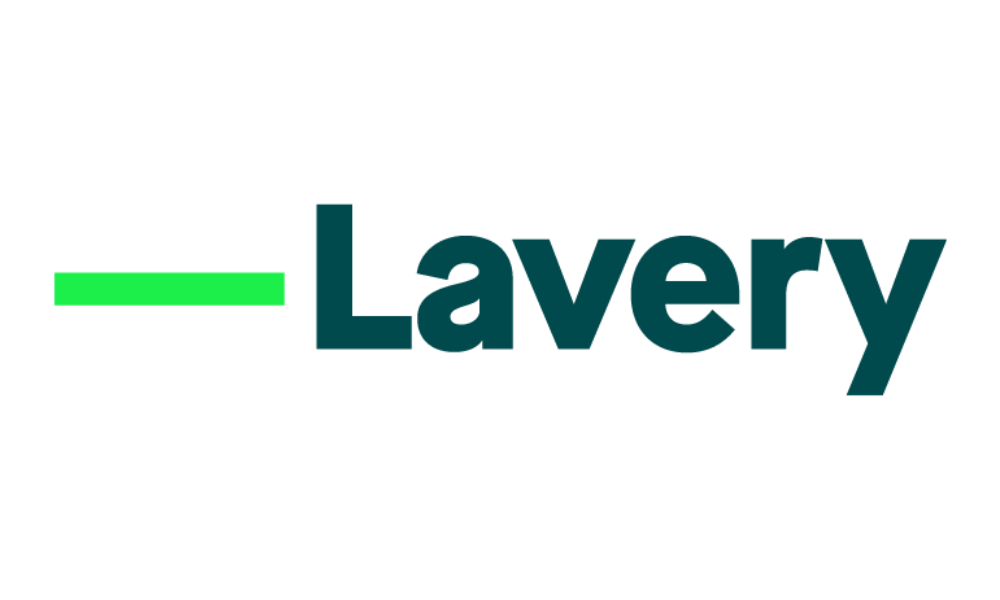Women’s rights extend not only from the corners of the home, but also to places of labor and employment. Pregnancy rights in the workplace exist to protect the rights of mothers to parenthood and employment. These rights are also in place for employers to ensure a discrimination-free workplace.
What is Canada’s law against pregnancy discrimination?
It is a basic principle under Canada’s laws to protect all persons against unfair treatment, unequal opportunities, and discrimination. This includes the protection of pregnancy rights in the workplace as part of women’s rights, which both employers and employees must know.
Pregnancy discrimination
Pregnancy discrimination happens when employers treat their employees negatively or differently when their employee:
- got pregnant during the employment, or they are pregnant during the application process
- gave birth recently or is recovering from childbirth or from any of its complications
- is currently breastfeeding
- had an abortion or a miscarriage
Laws against pregnancy discrimination in Canada
To protect women against pregnancy discrimination, various Canadian laws have provisions protecting a woman’s pregnancy rights in the workplace. This is also to guide employers on what to do – and what not to do – when their employee is pregnant.
These laws may be divided into two:
- Federal laws which apply to federal government workplaces and private companies regulated by the federal government
- Provincial or territorial laws which apply to all other workplaces
Although these laws are different in scope and application, their legal principles against discrimination and ensuring equal treatment are the same.
Federal laws
For federally regulated workplaces, these laws are composed of:
- Canada Labour Code: provides reassignment and leave benefits for pregnant women, such as maternal leave, parental leave, among other benefits on reassignment and job modification
- Canadian Human Rights Act: includes pregnancy and childbirth as a prohibited ground for discrimination in the workplace
- Employment Equity Act: ensures that designated groups, which includes women, are treated fairly and equally in employment opportunities
Provincial or territorial laws
For provincially regulated workplaces, laws with provisions against pregnancy discrimination are in the Human Rights Code or Human Rights Act for every province or territory.
In Ontario, that would be the Human Rights Code. Under the Code, the right against discrimination based on sex includes the equal treatment of women who are pregnant or have the possibility of becoming pregnant.
What are pregnancy rights in the workplace in Canada?
A woman’s pregnancy rights in the workplace are protected in various ways, as mentioned in these federal and provincial human rights laws.
Any distinction that is not based on abilities and skills is considered as discrimination in the workplace. For pregnant women, violation of their pregnancy rights may be committed in different circumstances.
During hiring process
It is against the law to discriminate employment opportunities based on sex, such as during the hiring process.
Employers are prohibited from denying employment to women because of her being a mother, or her plans of becoming pregnant in the future. Her family and marital status are also prohibited grounds for discrimination.
This restriction also extends to:
- Any invitation to apply for employment;
- Any form or documents needed for application; or
- Questions during the interview or hiring process.
Exceptions
There are certain exceptions to this rule, where employers can validly discriminate against a person on employment opportunities. To be valid, or so that the law on pregnancy rights is not violated, discrimination on employment must be based on:
- The nature of the employment, including certain qualifications; or
- Due to the family relations of the employer or of an employee in the workplace.
When an employee becomes pregnant
An employed woman cannot be terminated, laid off, or demoted because she became pregnant, or is believed to be pregnant. It may include refusal for any promotion or training opportunity because of such pregnancy.
Termination or demotion falls under discrimination on an employee based on sex, which is against the law. This also includes the prohibition of cutting the work hours of a pregnant employee, or reducing her number of shifts, which diminishes the employment benefits she receives.
Second, a pregnant woman is entitled to her maternity and parental benefits during pregnancy and after childbirth.
Watch this video below to know more about these maternity and parental benefits:
Consult with a lawyer in your area to know more on pregnancy rights in the workplace. Those in Toronto, for example, can contact any of the Lexpert-Ranked workplace human rights lawyers in Ontario.
After childbirth or during recovery
Employees who have just given birth and will be returning to work have the right to retain their previous position. There should be no reduction of benefits compared to their previous situation.
If the position that the employee had before she took her maternity leave or before giving birth is no longer available, she must be offered the same position with the same benefits.
Duty to Accommodate
Part of an employer’s duty to accommodate is to try to satisfy any request by the employee if it is reasonable and is related to the pregnancy.
This may include adjustments to the employees’ duties, working hours, and work set up, among others.
Exception
Requests for accommodation may only be refused if it causes undue hardship on the part of the employer or on any other employee.
What constitutes “undue hardship” must be based on the regulations which the workplace is covered and the standard according to the workplace or industry.
Where can discrimination on pregnant women be reported?
Pregnant women or their families may consult with a workplace human rights lawyer if there’s been a violation of their pregnancy rights in the workplace. A lawyer would be able to determine the appropriate action to be taken, based on the specific circumstances of the pregnant woman’s case.
One option would be filing a complaint before a government regulating authority:
- Federally regulated workplaces: complaints may be filed with the Canadian Human Rights Commission
- Provincially regulated workplaces: complaints are received by the Human Rights Commission or Human Rights Tribunal of the province or territory
A civil action for damages may also be filed against the violating employer. This may include claims for actual damages, and damages for pain and suffering due to the discrimination caused by the employer.
If you’re interested in knowing more about Canada’s pregnancy rights in the workplace, contact any of the Lexpert-ranked workplace human rights lawyers in Canada





